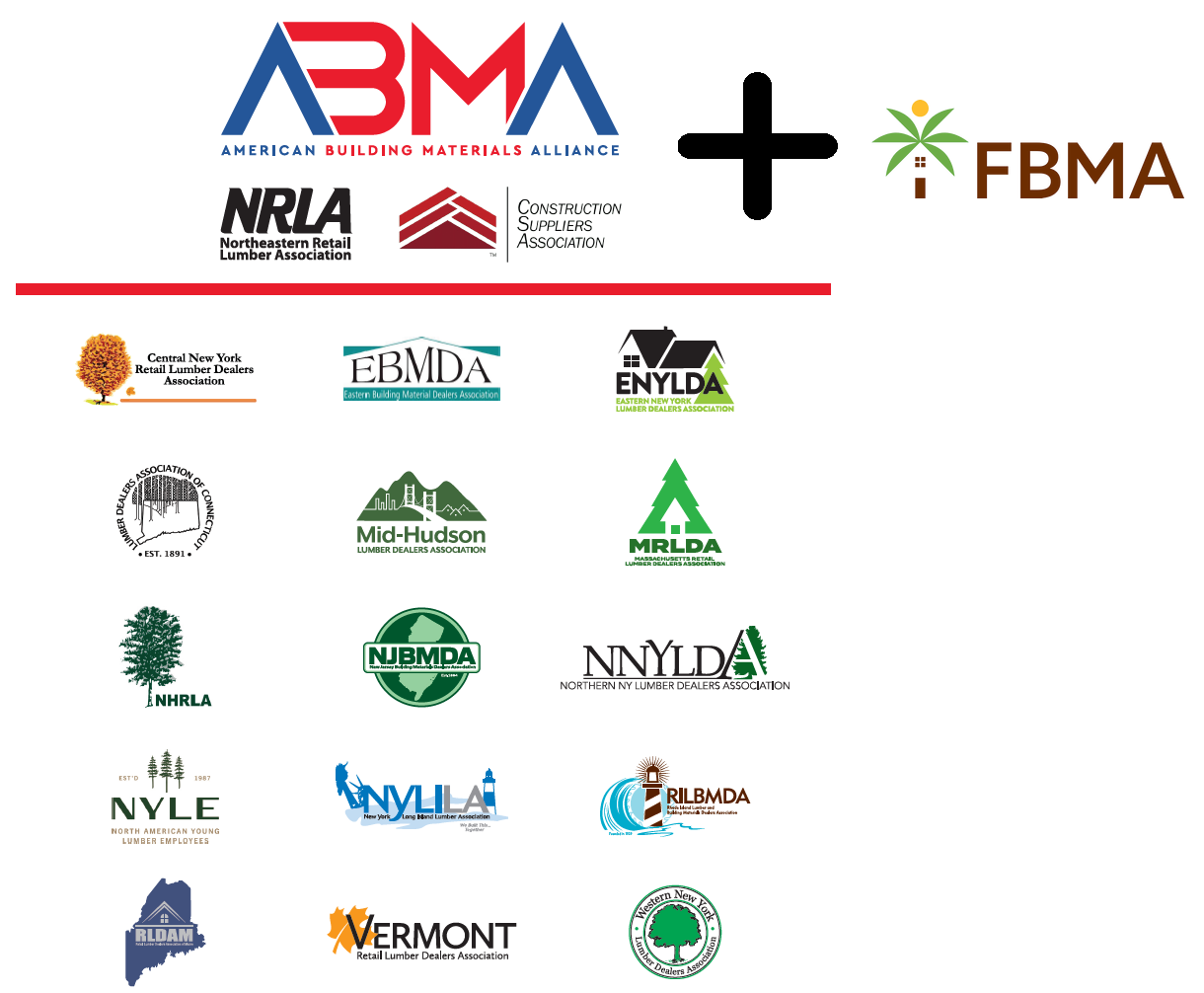Congress
Both Houses are in recess this week and next in honor of the July 4th holiday. It is expected when lawmakers return that the House will take up the tax package that was reported out of the House Ways & Means Committee on June 13. Recall that the three bills that were marked up and passed that day extend 100 percent bonus depreciation for capital investments and the research and development (R&D) tax credit through 2025. They also improve interest deductibility for businesses and bump up the Section 179 deduction for depreciable assets to $2.5 million. The current limit is just over $1 million. What was not included is an extension of the 20 percent deduction for S-Corporations and other pass-through tax structures, but that tax benefit does not expire until the end of 2025. ABMA is planning to wage an advocacy campaign focused on the Senate to urge swift action on these key tax benefits.
Also on the docket for the House is floor action on the supply chain package—18 different bills— that the House Transportation & Infrastructure Committee reported out on May 23. This package includes a number of ABMA priorities such as provisions of the LICENSE Act, which streamlines the process of obtaining a CDL. It also includes provisions allowing heavier trucks to travel on the interstate and other measures to make the supply chain more workable and efficient. ABMA has been urging expeditious action on this package and will continue to meet with Members of Congress and their staff to urge our support.
OSHA Heat Standard
This week, the Occupational Safety and Health Administration (OSHA) notified the Small Business Administration’s Office of Advocacy that OSHA intends to convene a Small Business Advocacy Review (SBAR) panel on a possible “Heat Injury and Illness Prevention in Outdoor and Indoor Work Settings” rule in the next sixty days. The panel will host a series of video conferences with Small Entity Representatives (SERs) selected from potentially regulated sectors in the September 2023 timeframe. The panel will conclude with a final report to the OSHA Administrator within 60-days of the actual convening date.
An OSHA heat standard rule would apply to employers whose employees are exposed to hazardous heat and could cover outdoor and indoor work in any or all of the General Industry, Construction, Maritime, and Agriculture sectors where OSHA has jurisdiction. Therefore, the panel is seeking participation from a wide range of sectors and welcomes SERs from any industry that might be affected. OSHA is particularly interested in feedback from industries that it expects to be most affected by such a standard, including the following industries:
- Agriculture, Forestry, and Fishing
- Building Material Suppliers
- Commercial Kitchens
- Construction, Telecommunications, and Utilities
- Drycleaners and Commercial Laundry
- Fire Protection
- Landscaping, Facilities Support, Maintenance, and Repair
- Manufacturing
- Material Handling, Transportation, and Warehousing
- Oil and Gas
- Recreation and Amusement
- Waste Management
A proposed heat standard is causing some level of concern in the business community due to the uncertain nature of what a heat standard would look like and its impact on running a business. OSHA has floated ideas around mandatory rest periods for workers during high heat days. But what is considered “hot” in Florida or Georgia is different than “hot” in Minnesota or Wisconsin. ABMA will be following action on this rulemaking closely and will report regularly on developments.
If you are interested in participating in the panel as a SER, please reach out to ABMA.




